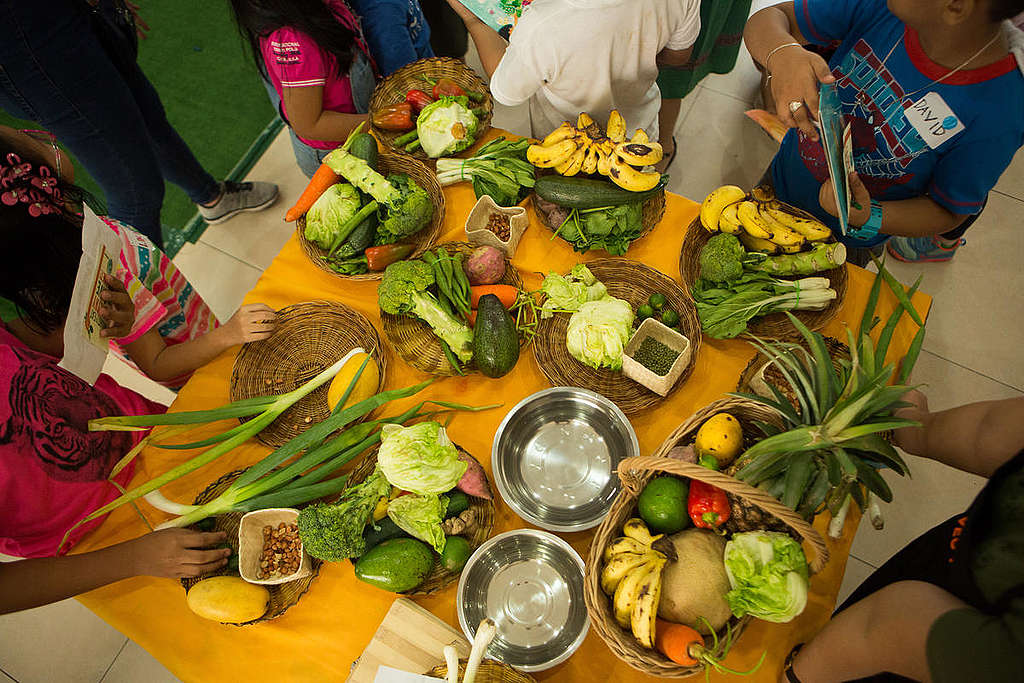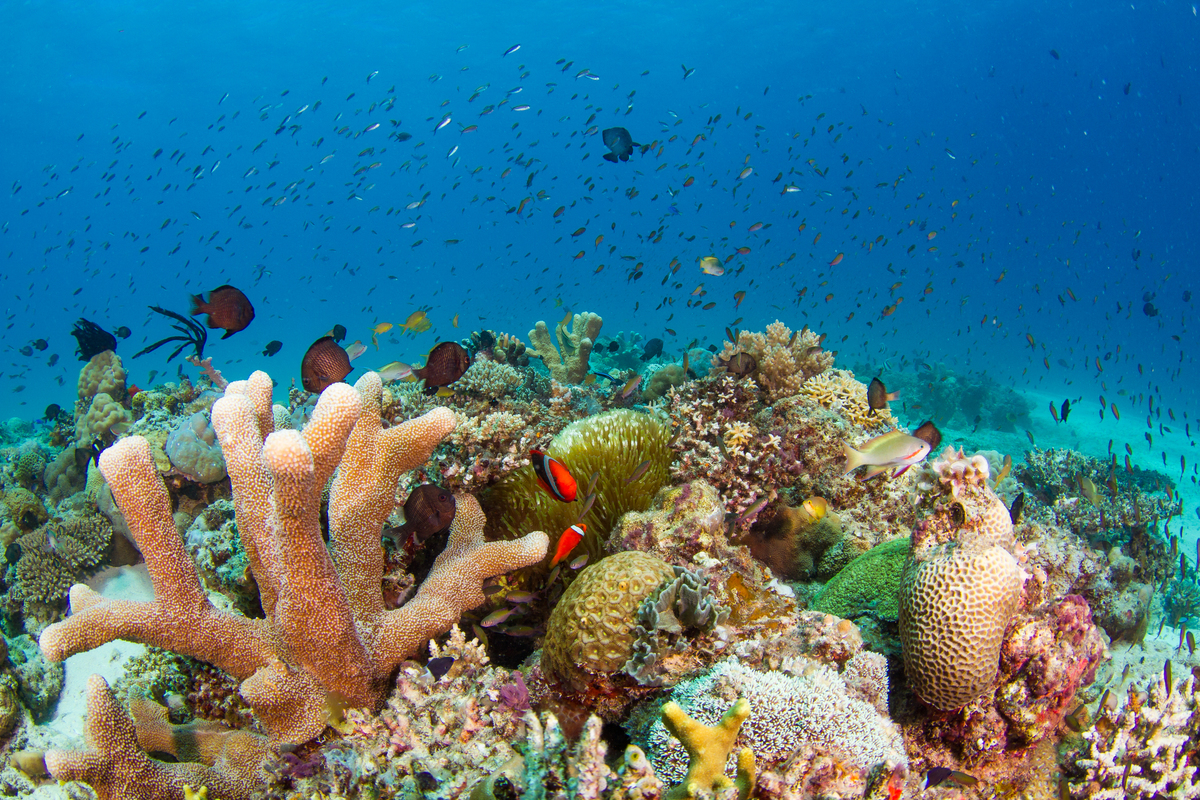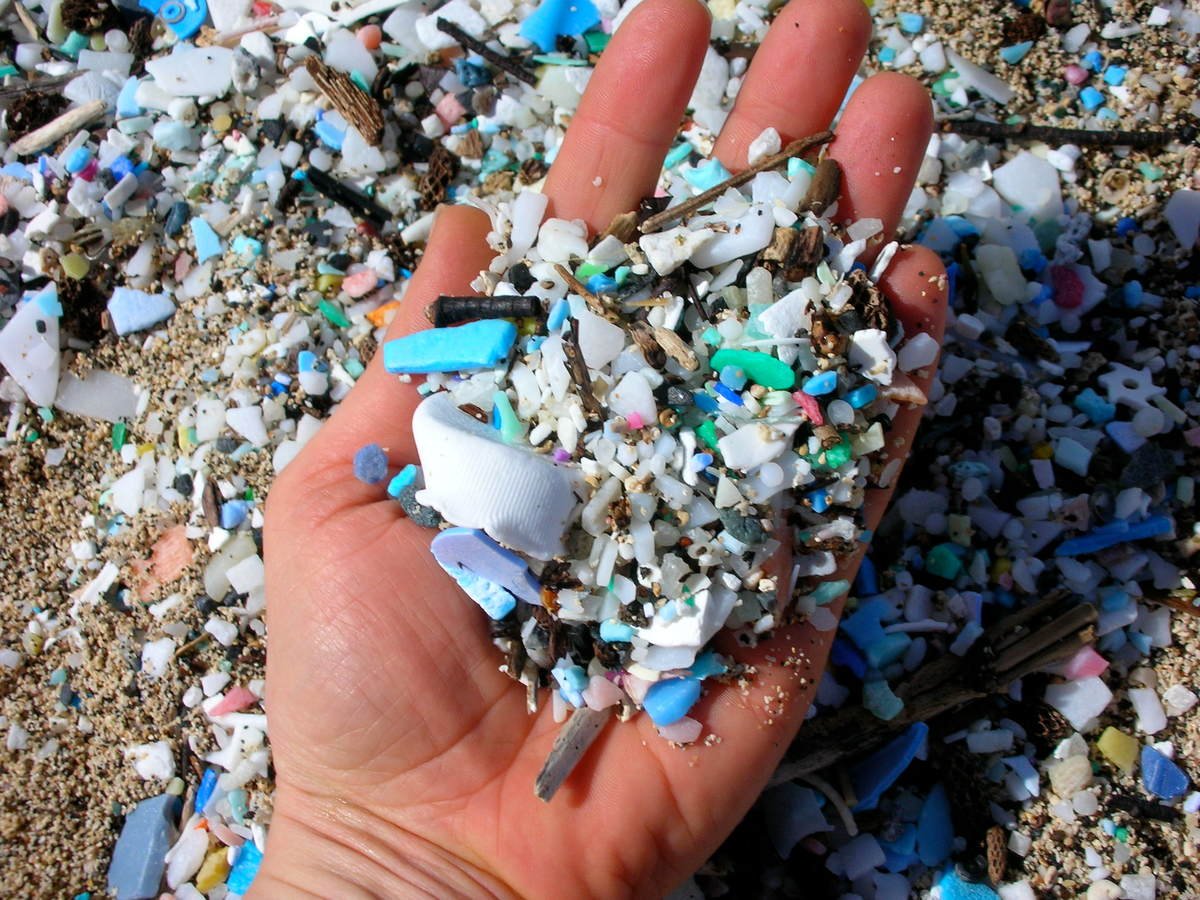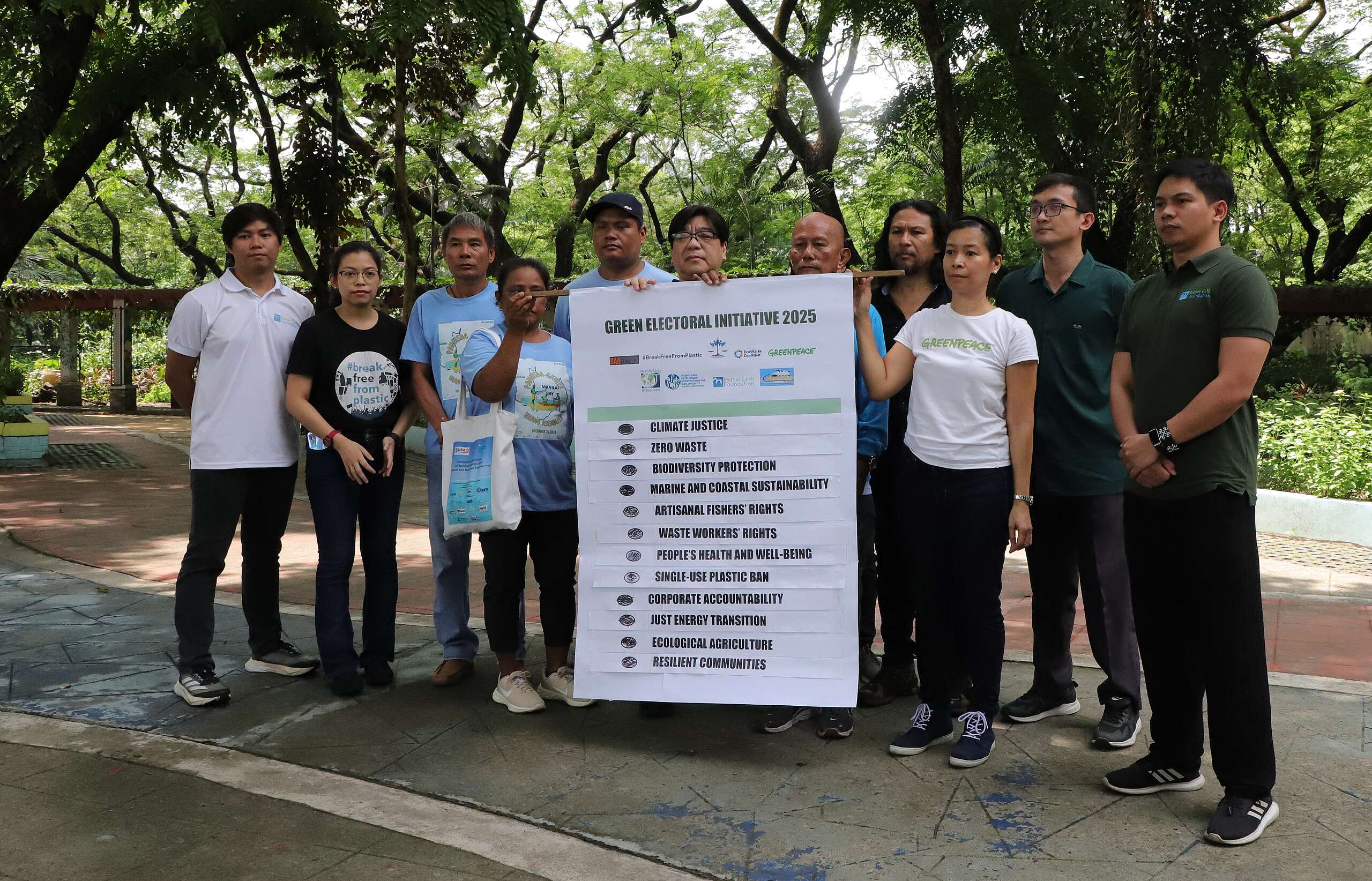Filipinos are consuming more meat, and less fruits and vegetables, today. At the same time, more of them are becoming obese and falling ill to heart diseases.
According to BBC Good Food, this consists of food derived from plants, such as fruits, vegetables, grains, legumes, nuts, and soy products. You can still eat animal products like meat and fish, but in smaller amounts. It depends on what kind of plant-based diet you want to have.
– avoiding processed meats like bacon and cold cuts.
1. Flexitarian diet
Flexitarianism has advocates eating more plant-based meals but not totally eliminating meat. BBC Good Food says it is more about “adding new foods to your diet, as oppo)sed to excluding any”.
The publication attributes the rise in flexitarianism to “people taking a more environmentally sustainable approach to what they eat by reducing their meat consumption in exchange for alternative protein sources.” The latter include lentils, beans, peas, nuts, and seeds.
BBC Good Food cites dietician Emer Delaney as saying that the healthiest meats to include in a flexitarian diet are lean meat, such as chicken and turkey. With the World Health Organization saying that “every 50 gram portion of processed meat eaten daily increases the risk of colorectal cancer by about 18 percent,” Delaney recommends limiting the intake of bacon, sausages, and ham.
2. Pescetarian diet
HuffPost writer Chloe Spencer, who has been a pescetarian (or “pesco-vegetarian”) since she was 14, explains that this kind of diet cuts out red meat and poultry, but still includes seafood.
BBC Good Food links this diet with lower levels of blood cholesterol and blood pressure, and lower risk of diabetes, as compared to diets that include meat.
3. Vegetarian diet
Dietician Toby Amidor, writing on the Food Network’s website, explains that vegetarians in general eat grains, fruit, vegetables, legumes, nuts, and seeds. Obviously, red meat and poultry are not included in this type of diet.
Harvard Health Publishing explains that vegetarians “consume less saturated fat and cholesterol, and more vitamins C and E, dietary fiber, folic acid, potassium, magnesium, and phytochemicals” as compared to meat-eaters. Thus, “they’re likely to have lower… bad cholesterol, lower blood pressure, and lower body mass index, all of which are associated with longevity and a reduced risk for many chronic diseases.”
4. Vegan diet
Vegans do not eat or use animal products at all. According to Health.com, they don’t eat “meat, dairy, eggs, or honey,” and “don’t wear animal products (think leather) or use products tested on animals”.
The website cites the Vegan Society as saying veganism “seeks to exclude, as far as is possible and practicable, all forms of exploitation of, and cruelty to, animals for food, clothing, or any other purpose.”
Their meals include “vegetables, grains, nuts, legumes, seeds, and fruits,” says People for the Ethical Treatment of Animals.
The Independent does note that, due to the absence of red meat in the vegan diet, proponents can become “typically deficient in vitamin B12 and iron” if they aren’t conscious of this.
This deficiency “can lead to fatigue, headaches, dizziness and, if left untreated, anemia”.
The publication recommends taking supplements or eating nuts and spinach, which are rich in iron.




